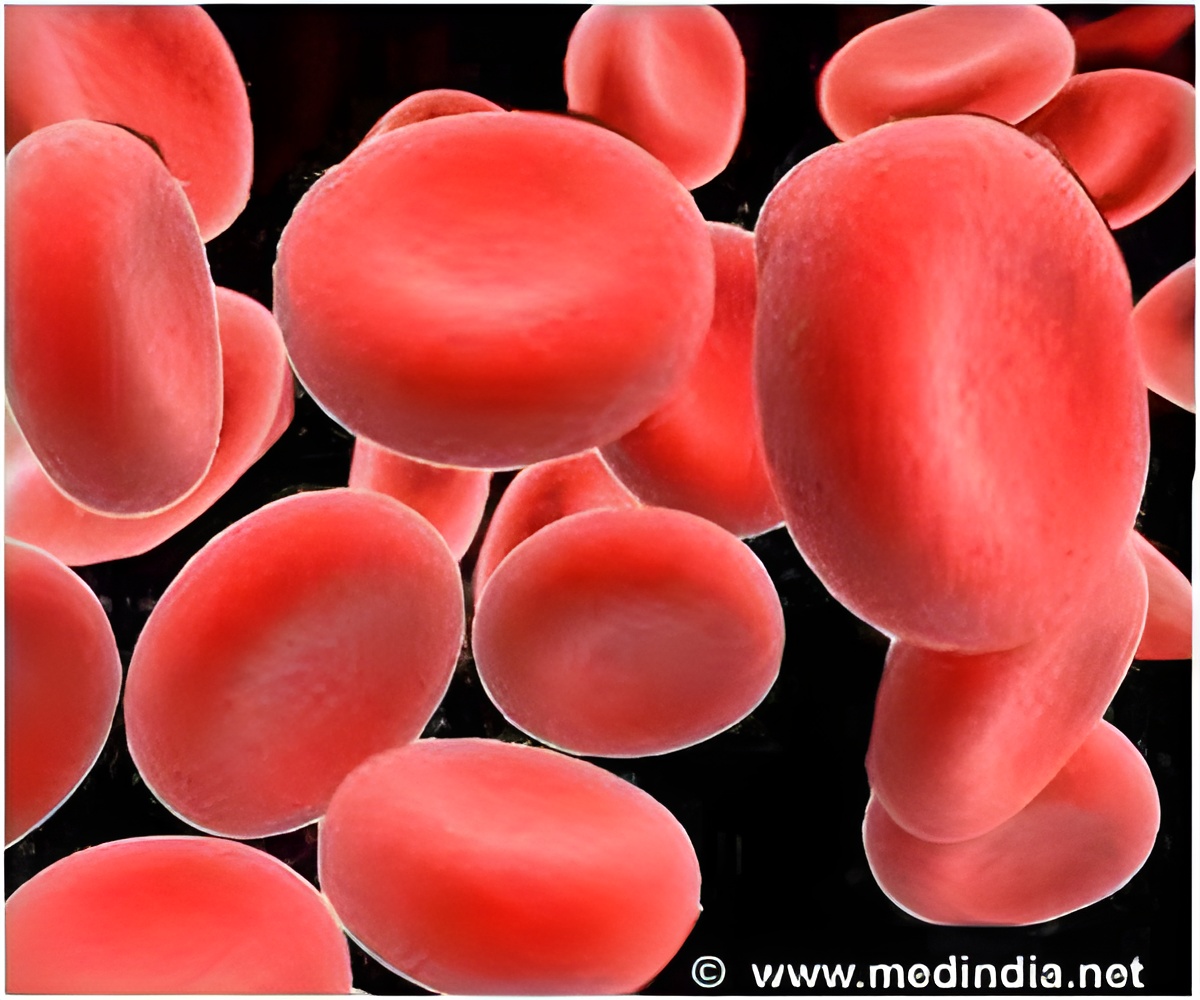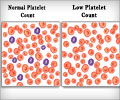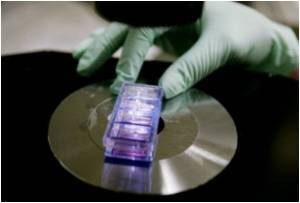Immune thrombocytopenia, is a rare auto-immune disease where the body's own antibodies kills the blood cells responsible for blood clotting.

ITP affects one in 10,000 people in Canada and accounts for 0.18% of all hospital admissions. Most cases are spontaneous and without any clear cause. The severity of ITP and the effectiveness of its treatment vary from patient to patient.
The surface of every platelet is covered with thousands of different proteins and each type of antibody targets a specific protein on the platelet. The first antibody to find a platelet latches on and leads the platelet to an organ where it will be destroyed.
"Every existing treatment for ITP has been dedicated to stopping antibodies from destroying platelets in the spleen, but we've discovered that some antibodies actually destroy platelets in the liver," said Dr. Heyu Ni, a scientist in the Keenan Research Centre for Biomedical Science of St. Michael's Hospital.
The discovery was made by looking mice treated with two different types of antibodies most common to ITP. Each of these two antibodies targets a different protein on the surface of platelets--either GPIb or GPIIbIIIa. The researchers found that antibodies targeting GPIb lead to platelets to be destroyed in the liver, whereas those targeting GPIIbIIIa caused platelet destruction in the spleen.
"By detecting the specific antibodies present in someone with ITP, we may be able to detect where and how the immune system will attack," said Dr. Heyu Ni, who is also a scientist with Canadian Blood Services and a professor at the University of Toronto. "And because we now know the liver's immune response destroys platelets covered with GPIb, we may be able to design new therapies to stop this type of platelet destruction."
Advertisement
Based on an early abstract of this research study, some individuals around the world with ITP have been given Tamiflu to treat the disease. These people were in life-threatening condition and extremely drug-resistant to existing treatments targeting the spleen. Although these instances of experimental treatment have been successful, Dr. Ni said more research is needed to verify the safety and efficacy of this approach.
Advertisement













